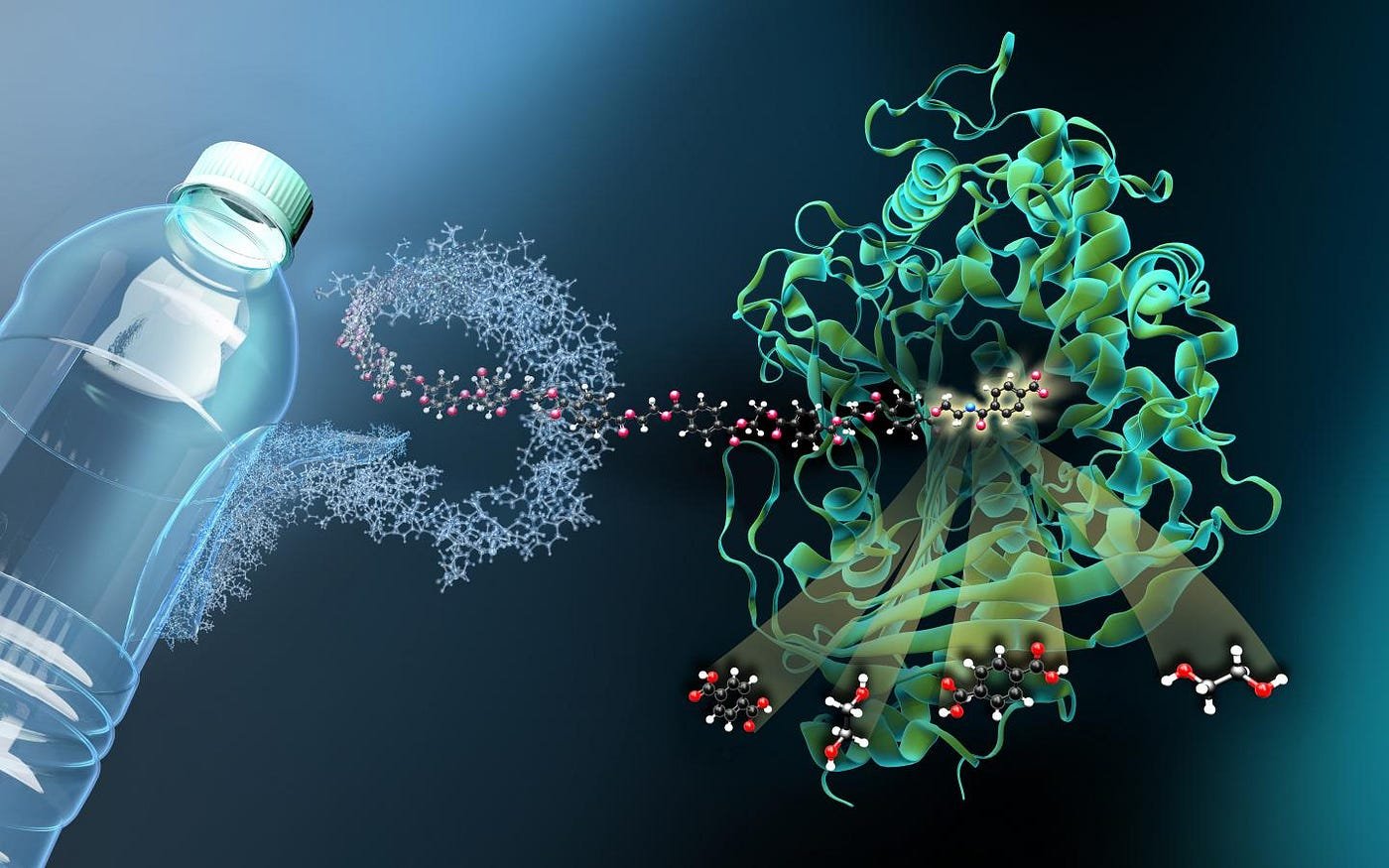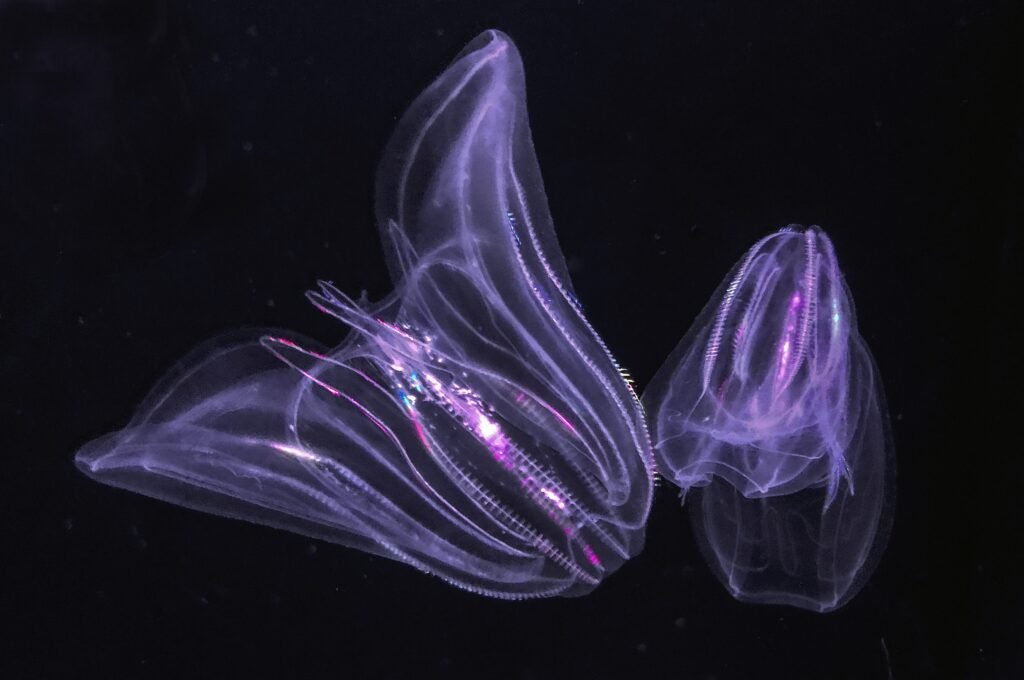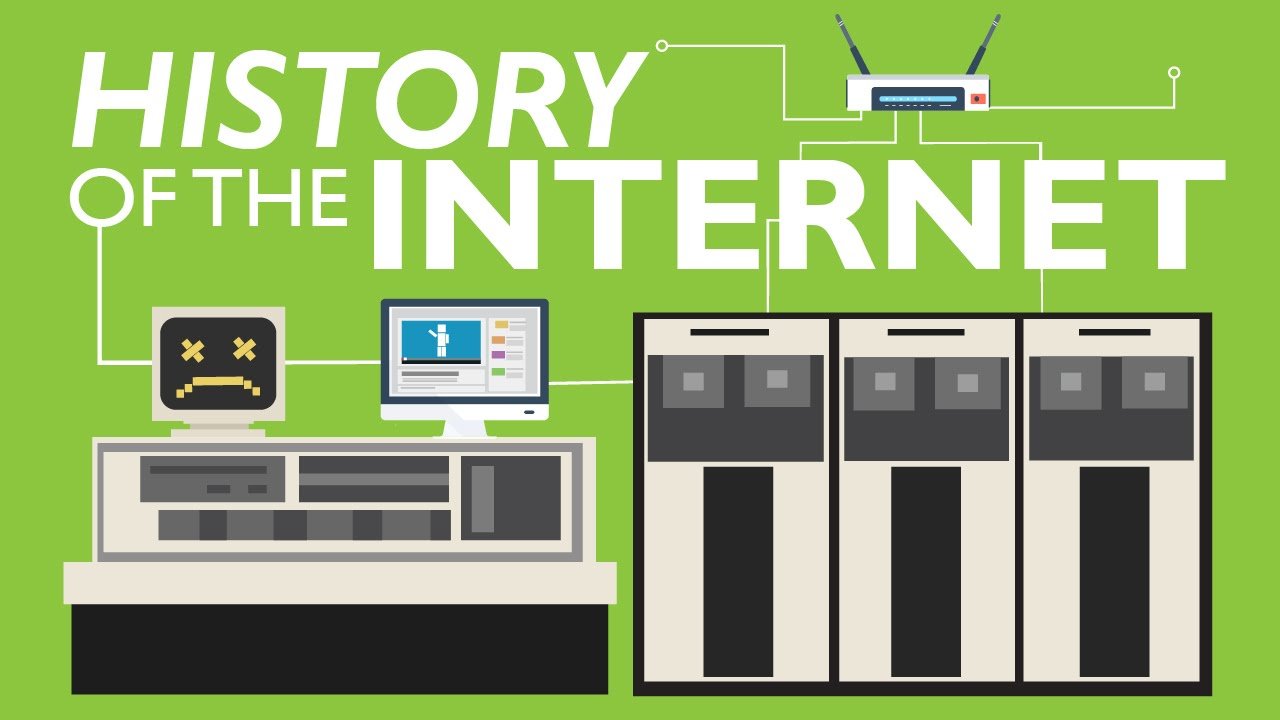Scientists developed plastic-eating bacteria to reduce waste pollution
Scientists have developed a plastic-eating bacteria that can help significantly reduce waste land pollution on our planet. Polyurethane plastic (PU), is used in several products, from phone cases to sneakers. PU is difficult to recycle and mostly ends up in land waste products.
However, scientists have now created a sound solution for massive plastic pollution. They have created a material that can self-destruct plastic by adding bacteria spores. That specified bacteria spores consume plastic.

These bacterial spores stay inactive throughout the plastic’s useful life. However, when they come into contact with compost’s nutrients, they come to life and begin breaking down the plastic product.
Han Sol Kim is a researcher at the University of California San Diego in La Jolla. According to him, there is optimism that they can reduce plastic pollution in nature with this plastic-eating bacteria.
Moreover, he said the bacteria spores may also strengthen this plastic. It is another benefit of their research. Co-researcher Jon Pokorsi stated their process makes the PU material durable. So, it extends its useful lifetime. It can be removed from the environment regardless of its disposition upon reaching its lifetime.
Jon revealed they are now developing plastic-eating bacteria with the help of a manufacturer at the lab. It may be available in the real world within a few years.
Bacillus subtilis is a bacteria frequently used as a food ingredient and probiotic. It maintains a healthy balance of bacteria in the digestive tract. Scientists have developed plastic-eating bacteria using Bacillus subtilis.

Click here to read the updates on Bacteria that can make humans sick could survive on Mars
However, these bacteria need genetic modification to survive the extremely high temperatures required to produce plastic. Although, everyone is not in favor of creating biodegradable solutions for traditional plastics.
Some scientists find less plastic use preferable instead of plastic-eating bacteria. Steve Fletcher is director of the Revolution Plastics Institute at the University of Portsmouth.
Steve said the most efficient approach to control plastic pollution is to get an agreement on globally enforceable reductions in plastic manufacturing.
Read More:
- Sea creature turns into a baby when it is stressed out showing time travel
- Realme Narzo 70 Turbo 5G launch date, features, specifications & price
- European Space Agency printed 3D metal part in space for first time
- Earth’s mysterious Alaska triangle where over 20,000 people disappeared
- Philips Hue launched a new smart lighting solution for kitchen
- NASA to launch life-searching spacecraft to Jupiter’s moon Europa
Share this content:










Post Comment